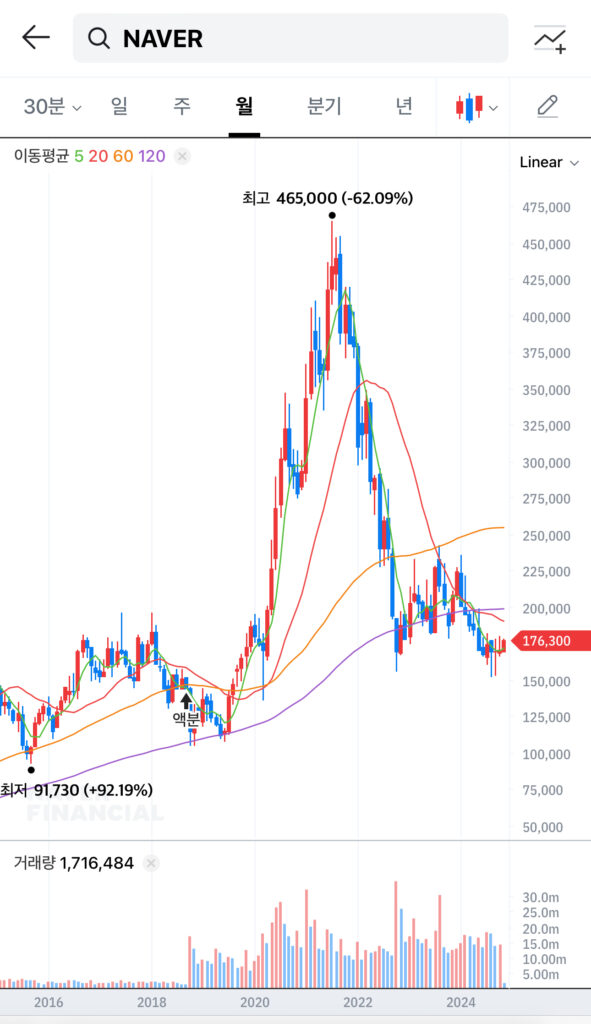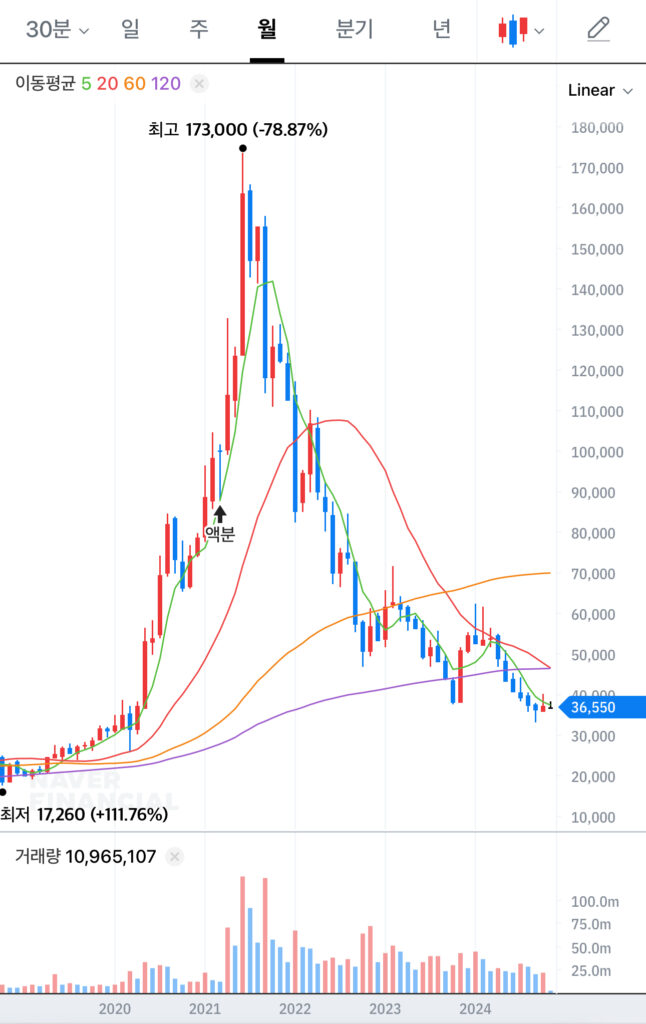South Korea, a dynamic hub of technology, culture, and economic prowess, often captivates the world with its rapid advancements and vibrant society. However, beneath the glossy surface lies a complex media landscape that plays a pivotal role in shaping public opinion and, by extension, the nation’s democratic processes. While South Korea boasts a robust media presence, questions about transparency and its true service to democracy persist. Let’s explore the current state of South Korean media, its challenges, and the urgent need for greater transparency to foster genuine democratic progress.

The Current Media Landscape in South Korea
South Korea’s media ecosystem is diverse, encompassing a mix of traditional outlets like newspapers and television, alongside burgeoning digital platforms. The media is influential, reaching millions and shaping societal narratives on politics, economy, culture, and more.
Media Ownership and Structure
Understanding who controls the media is crucial in assessing its transparency and democratic role. Here’s a snapshot of South Korea’s media ownership:
| Media Type | Major Players | Ownership Structure |
|---|---|---|
| Television | KBS, MBC, SBS, JTBC | Mix of public broadcasters and private conglomerates |
| Print Media | Chosun Ilbo, Dong-A Ilbo, JoongAng Ilbo | Primarily large family-owned corporations |
| Digital Media | Naver, Daum, Kakao | Dominated by major tech conglomerates |
| Radio | TBS eFM, MBC FM4U, CBS Music FM | Combination of public and private entities |
Source: Korea Press Foundation (2023)
Media Consumption Trends
South Koreans are avid media consumers, with preferences shifting towards digital platforms over traditional media. This shift has significant implications for transparency and information dissemination.
| Media Type | Usage Percentage (%) | Growth Rate (2020-2023) |
|---|---|---|
| Television | 45 | -2% |
| Print Media | 15 | -5% |
| Digital Media | 35 | +10% |
| Radio | 5 | 0% |
Source: Korea Media Report (2023)
Challenges Facing South Korean Media
Despite its strengths, South Korea’s media landscape grapples with several challenges that hinder its role in promoting genuine democracy.
Lack of Transparency
Transparency is the cornerstone of a free and democratic media. However, concerns persist regarding the opacity of media ownership and editorial decision-making processes.
- Concentration of Ownership: A handful of conglomerates control a significant portion of the media market, limiting diverse viewpoints and fostering potential biases.
- Editorial Independence: Instances of political influence over media outlets have raised alarms about impartial reporting and editorial freedom.
Political Influence and Media Bias
One of the most pressing issues in South Korean media is the prevalent political bias that permeates many media outlets. This bias not only skews public perception but also stifles social progress by limiting the diversity of viewpoints necessary for a healthy democracy.
- One-Sided Political Bias: A significant number of media organizations exhibit a clear preference towards specific political ideologies or parties. This one-sided reporting creates echo chambers, where audiences are only exposed to information that aligns with their pre-existing beliefs.
- Impact on Social Development: The lack of balanced reporting hampers societal progress by preventing comprehensive debates on critical issues. When media outlets prioritize political agendas over objective journalism, it becomes challenging for the public to make informed decisions, ultimately stalling democratic advancement.
- Erosion of Public Trust: Persistent political bias undermines the credibility of media institutions. As trust diminishes, citizens may become cynical about the media’s role in society, further weakening democratic institutions.
Table: Impact of Media Bias on Social Development
| Impact Area | Description |
|---|---|
| Limited Public Discourse | Reduction in diverse viewpoints hampers meaningful societal debates. |
| Policy Influence | Skewed media narratives can disproportionately influence policy-making. |
| Civic Engagement | Reduced trust in media may lead to decreased civic participation. |
| Social Polarization | One-sided reporting exacerbates divisions within society. |
Source: South Korea Media Transparency Report (2023)
Censorship and Self-regulation
While South Korea upholds freedom of the press, issues of censorship and self-regulation occasionally surface, impacting media transparency.
- Content Censorship: Regulations against defamatory content and national security can sometimes be misused to suppress unfavorable reporting.
- Self-regulation Failures: Lack of robust self-regulatory mechanisms can lead to ethical breaches and reduced accountability within media organizations.
The Need for Enhanced Transparency


“Two Bigtech – Naver and Kakao, media companies, are taking actions that have nothing to do with the advancement of democracy.”


-The stock prices of both companies have plummeted to the point where recovery seems impossible. Despite this, the management teams of both companies are profiting through their stocks and are being morally criticized by the public—
For South Korea to harness the full potential of its media in supporting democracy, enhanced transparency is imperative. Here’s why:
Building Public Trust
Transparent media operations foster trust among the populace, ensuring that citizens rely on media for accurate and unbiased information.
Promoting Accountability
Transparency holds media organizations accountable for their reporting, encouraging ethical journalism and reducing the influence of vested interests.
Encouraging Diverse Perspectives
A transparent media landscape allows for a multitude of voices and perspectives, enriching public discourse and enabling informed decision-making.
Pathways to Greater Transparency
Addressing the challenges requires concerted efforts from various stakeholders, including government bodies, media organizations, and the public.
Strengthening Regulatory Frameworks
Implementing stringent regulations that mandate clear disclosure of media ownership and funding sources can enhance transparency.
Promoting Editorial Independence
Ensuring that media outlets operate without undue political or corporate influence is crucial for unbiased reporting.
Enhancing Public Participation
Encouraging public involvement in media governance and fostering a culture of media literacy can empower citizens to critically evaluate media content.
Leveraging Technology
Utilizing digital tools to increase transparency in media operations, such as transparent funding models and open editorial processes, can build trust and accountability.
The Road Ahead: A Transparent Media for a Thriving Democracy
South Korea stands at a crossroads where the evolution of its media can either reinforce or undermine its democratic foundations. Embracing transparency is not merely a choice but a necessity for sustaining a vibrant and resilient democracy. By addressing ownership concentration, ensuring editorial independence, and fostering ethical journalism, South Korea can transform its media landscape into a true pillar of democracy.
Comparative Insight: Media Transparency Index
To contextualize South Korea’s media transparency, let’s look at its standing compared to other nations:
| Country | Media Transparency Score (2023) | Global Rank |
|---|---|---|
| South Korea | 65 | 45 |
| Sweden | 90 | 1 |
| United States | 80 | 25 |
| Japan | 70 | 35 |
| Germany | 85 | 15 |
Source: Global Media Transparency Index (2023)
While South Korea performs reasonably well, there is ample room for improvement to reach the highest standards of media transparency and accountability.
Conclusion
The media holds immense power in shaping societal narratives and influencing democratic processes. In South Korea, while the media landscape is robust and ever-evolving, challenges related to transparency and bias cannot be overlooked. The prevalent one-sided political bias not only skews public perception but also hampers social development by limiting diverse viewpoints and fostering societal divisions. For democracy to thrive, it is essential to cultivate a media environment that is transparent, accountable, and genuinely serves the public interest. As South Korea continues to navigate its path forward, prioritizing media transparency and combating political bias will be key to unlocking the full potential of its democratic aspirations.
Join our community of passionate travelers and global citizens as we delve into the heart of South Korea’s culture, society, and beyond. Follow our blog for the latest insights, stories, and tips to make your journey to Seoul unforgettable!
Leave a Reply